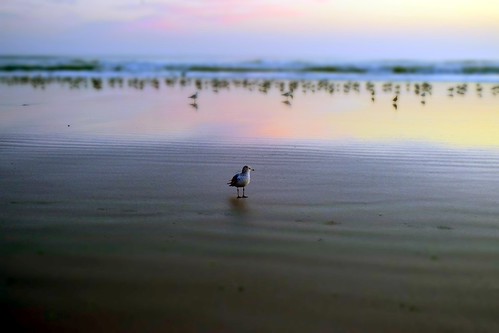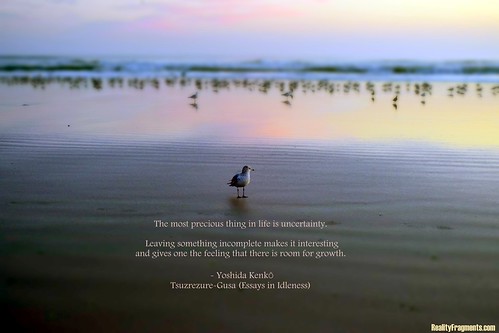
If we were to take any cross section of society, we’d end up with a median – ‘normal’ – and all the rest of us. Broadly speaking, within the first standard deviation, we’re all ‘normalish’, in that we aren’t completely normal but are ‘normal enough’.
This works for age, weight, and even I suppose sexual identity these days. IQ, an attempt to measure intelligence, is in the mix, as well as how much money we have in the bank, and how many people we want to hit with a stick.
I mean, think about it. How many people do you want to hit with a stick? We don’t talk about that because that is not… normal. It’s not even normalish, we like to think, but there are times are genetic roots have us looking around for a stick. I haven’t felt that urge in some time, but to be fair, I’ve also cut down on being around people who I would have that urge with.
A psychologist would call that avoidance, I would agree, and I would be normalish. Why? Because I have not hit a person with a stick since childhood, and according to my mother was quite fortunate someone didn’t lose an eye.
It used to be normal to think that there was a bunch of people who had lost an eye to such incidents. Now a bit over half a century later, I can tell you that people with one eye have been pretty rare in my life. I thought there would be more of them.
Right there, a shift in what is normal. My mother, trying to instill in me the value of not hitting people with sticks – a survival trait, really – had also instilled in me this idea that there were lots of people losing eyes. This could be because that line worked and less of us hit each other with sticks. We may never know.
But as adults in in a normalish society, we know that’s simply not done except in defense, and even then, you should consult an attorney before doing so in some places. Sometimes the laws of society and how they are enforced make it easier to die or be wounded, perhaps even maimed, than actually hurt someone else in self-defense. But then there’s the whole question of what constitutes defense and what doesn’t. This is not to say it’s wrong or right, it’s a simple statement of fact. It’s the way it is.
Statistically, if you don’t break the rules, you’re a standard deviant. You’re not what Malcolm Gladwell would call an Outlier.
What’s standard varies over time.

